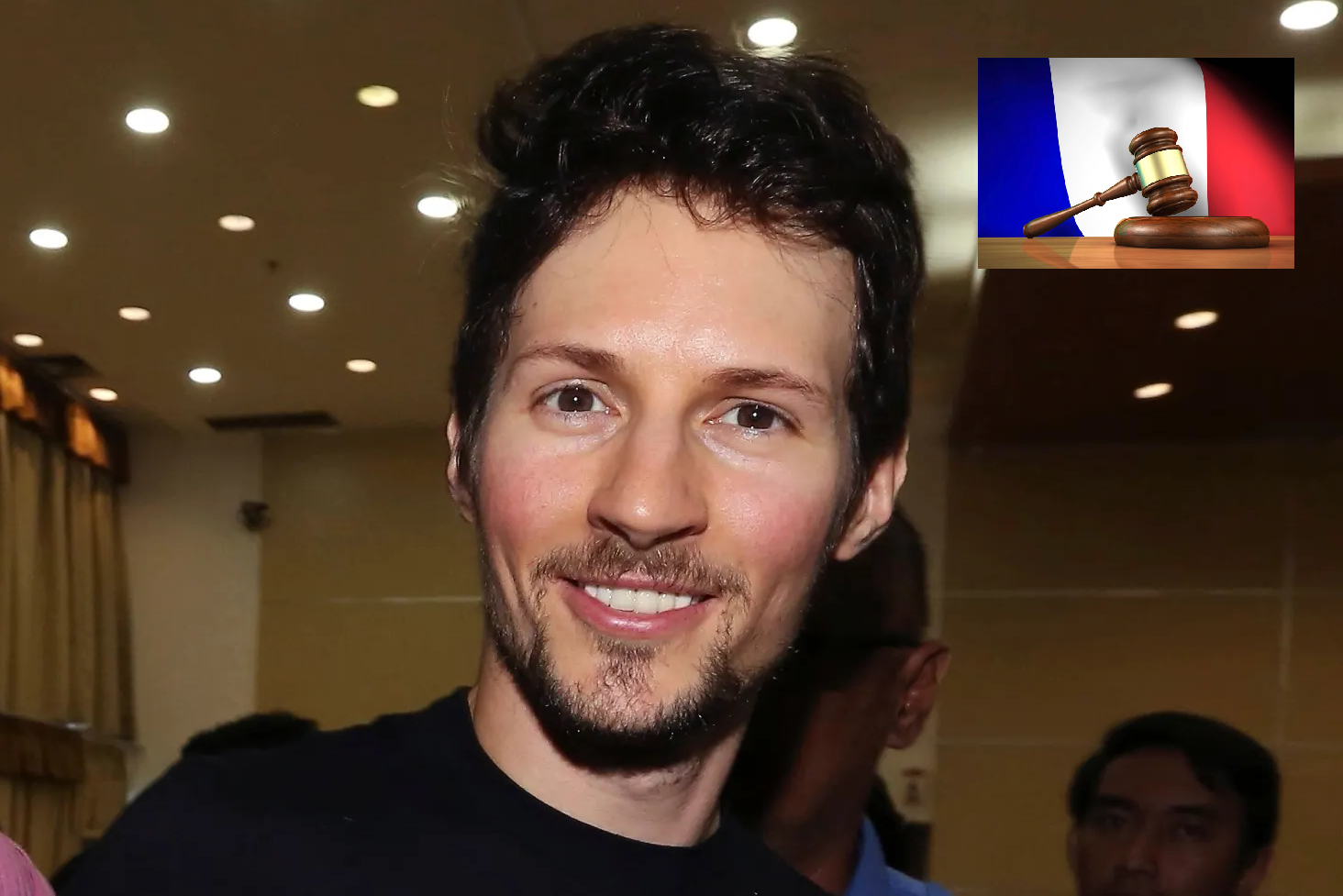In a recent and significant development, Russian authorities have labeled Pavel Durov, the CEO and founder of Telegram, as a “victim” of his own independence. This declaration comes on the heels of Durov’s continued refusal to comply with Russian government demands regarding user data and censorship, highlighting the escalating tension between one of the world’s leading secure messaging platforms and the Russian state.
Background: Durov’s Stance on Privacy and Independence
Pavel Durov, a Russian-born entrepreneur, has long been a staunch advocate for digital privacy and freedom. His journey into the tech world began with the creation of VKontakte (VK), Russia’s largest social networking site, which he eventually left due to government pressures to hand over user data. In 2013, Durov founded Telegram, a messaging app that has since become synonymous with secure communication, boasting over 700 million active users worldwide.
Durov’s unwavering commitment to user privacy and independence has often put him at odds with governments that seek to monitor or control communication. Telegram’s use of end-to-end encryption and its refusal to share user data with authorities has made it a popular platform for activists, journalists, and anyone seeking secure communication, but it has also attracted scrutiny from various governments, including Russia.
The Russian Government’s Demands
The Russian government has made several attempts over the years to gain access to Telegram’s data. In 2018, the Russian Federal Security Service (FSB) demanded that Telegram hand over encryption keys, citing concerns over national security and the use of the app by terrorist groups. Durov refused, leading to a nationwide ban on the app. Despite the ban, Telegram continued to function in Russia, with users finding ways to bypass the restrictions. The ban was eventually lifted in 2020, but the tension between Durov and the Russian authorities remained.
More recently, Russia has intensified its efforts to control online platforms, especially in the context of the ongoing war in Ukraine. The Kremlin has been keen on cracking down on dissent and controlling the narrative surrounding the conflict. Telegram, being one of the few platforms that remains relatively uncensored, has become a target. The government has pressured Durov to remove content deemed “undesirable” and provide information about users involved in anti-government activities. Once again, Durov has resisted these demands, reinforcing his commitment to maintaining Telegram’s independence.
Russia Labels Durov a “Victim”
In a move that underscores the growing rift between Durov and the Russian state, Russian officials have recently referred to him as a “victim” of his own independence. This label appears to be a calculated attempt to undermine Durov’s credibility and paint his refusal to comply with government demands as a misguided act of stubbornness. By portraying him as a “victim,” the Russian government is likely trying to sway public opinion against him, suggesting that his independence is not a strength, but a flaw that has isolated him from reality.
However, this narrative is unlikely to resonate with Durov’s supporters, who view his independence as a crucial stand for privacy and freedom in an increasingly authoritarian world. Durov himself has embraced his role as a defender of digital rights, often taking to social media to reaffirm his commitment to protecting users from government overreach. His stance has won him praise from privacy advocates and users worldwide, who see him as a rare figure in the tech industry willing to stand up to powerful governments.
The Broader Implications
The Russian government’s labeling of Durov as a “victim” is part of a broader strategy to control the flow of information and suppress dissent. As the war in Ukraine continues, the Kremlin has ramped up efforts to censor media and online platforms that do not align with the official narrative. Telegram’s refusal to bow to these pressures makes it a significant thorn in the side of the Russian government.
Durov’s situation is emblematic of the growing challenges faced by tech companies that prioritize user privacy in an era of increasing state surveillance. As governments around the world seek to exert more control over digital platforms, the tension between privacy and state security is likely to intensify. Durov’s resistance serves as a powerful reminder of the importance of protecting digital rights and the difficult choices that come with standing up to authoritarian regimes.
Pavel Durov’s designation as a “victim” by the Russian government is a clear reflection of the ongoing battle between state control and individual freedom. While the Russian authorities may attempt to frame Durov’s independence as a weakness, many see it as a necessary stand in the fight for privacy and freedom of expression. As Telegram continues to operate without succumbing to government demands, Durov’s legacy as a champion of digital rights is only likely to grow, further highlighting the critical role of independent platforms in today’s global landscape.



